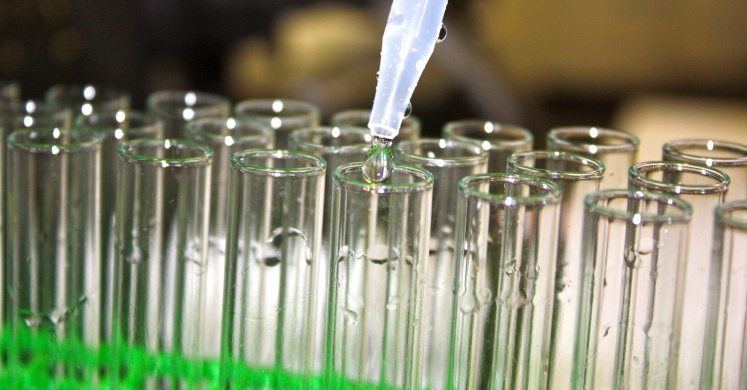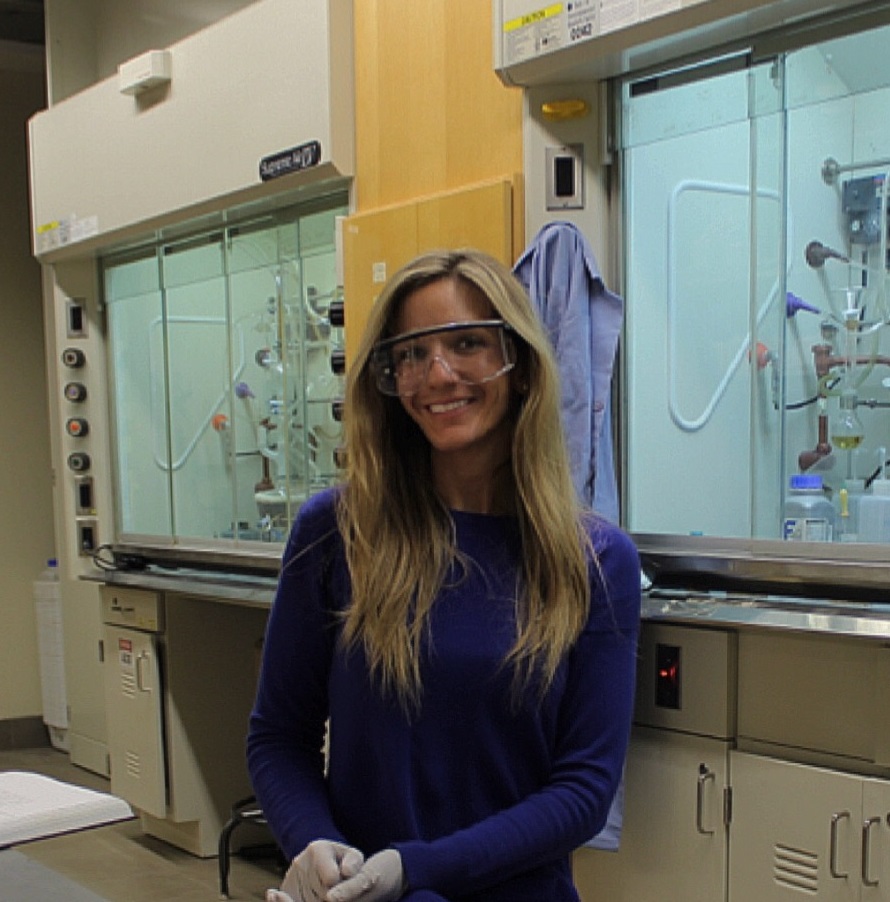Blog

Meet a Scientist: Alyssa Lypson
Today, we are very excited to present a guest post by Alyssa Lypson, doctoral candidate of organic chemistry at the University of Pittsburgh. Lypson will be at Phipps Conservatory this Sat., April 15, from 10:30 a.m. – 12:30 p.m. in the Gallery Room. There, you can try a few activities to learn all about her exciting work with proteins!
Once in a great while, the opportunity arises to combine your personal interests and passions into an amazing chance to benefit others. Before starting my research, I was a medical assistant interested in science, creativity, design, healthy living, and education. My personal experiences and curiosities led me to my current role as an organic chemistry PhD candidate at the University of Pittsburgh. Now I study one of the most amazing groups of molecules in the human body: protein!
Proteins are building blocks that build and repair bones, muscles, cartilage, skin, blood, and other tissues. They are the cell’s workhorse, necessary for the structure, function, and regulation of biological systems. These biomolecules are comprised of hundreds of thousands of smaller structures and units that interact to provide a resulting shape and structure. Studies performed under biological conditions on artificial systems that are simplified models of proteins assist in the development of accurate methods for biological molecules.
I am part of the Wilcox Lab at Pitt, a group well-known for the development of the “molecular torsion balance,” a molecular “tool” for studying protein folding models. Knowledge gained from these studies can be used for testing and improving new medicines. My work specifically focuses on new possibilities of protein structure, which incorporates this molecular “tool” for analyzing preferences of competing interactions within proteins.
Part of what makes my job so exciting is that this research is intellectually challenging and enables me to apply my external interests into a scientific setting. For example, working with the molecular structure of proteins is clearly a scientific task; yet, I am able to be creative in problem solving in order to deduce the best options for experimental design. In addition, teaching for the honors college has always been a pleasant experience. As an extrovert, I enjoy the opportunity to engage students and try new ways to facilitate learning. I am analytical and detail-oriented, which benefit my critical thinking and communication skills.
I am very excited to visit Phipps this week to share my work because I believe that promoting an interest in STEM fields is imperative, as future innovation and discovery rely on science and technology. The scientific community is at its best when it works alongside the general public—gaining their trust by sharing exciting findings and communicating effectively through real-world examples and applications.

Content edited for length and style.
Cover Image: NASA CC-BY-2.0

